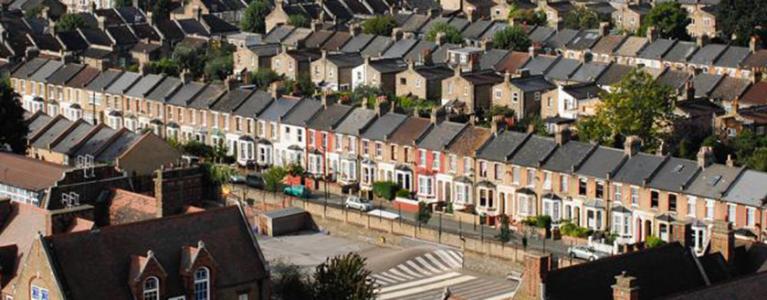
The London Assembly Housing Committee has today published results from its new housing survey, which looked into Londoners’ housing situations and attitudes to their homes as a result of COVID-19.
The survey had a number of findings:
- About one in seven (15 per cent) respondents want to leave the city as a result of the COVID-19 pandemic.
- Four out of 10 respondents (43 per cent) want to move to a new home.
- Of those that wanted to move: 34 per cent want the home to be out of London and 54 per cent want to remain in the city.
- Of those that wanted to move, when asked about the likelihood of moving within 12 months, around two thirds will definitely, probably or possibly move (22 per cent, 21 per cent and 24 per cent respectively).
- Financial uncertainty, the cost of moving and living in social housing are the biggest reasons for not being able to move home.
- Your own private outside space (garden or balcony) and a generally more spacious home, closely followed by the proximity of public green space, have become important factors for Londoners when thinking about their living situation as a result of the pandemic.
Responses highlighted concerns around affordability of living costs in the capital. Londoners wrote to share their experiences of losing their income and worrying about keeping up with the rent or paying higher electricity bills from being at home all the time. Respondents said that financial uncertainty and the cost of moving were barriers to relocating, whether within the capital or not. In some cases, respondents said that leaving the city was attractive because the cost of living would be lower.
A similar survey carried out by the Assembly in August 2020 found that:
- One in seven Londoners (14 per cent) want to leave the city as a result of the COVID-19 pandemic.
- A third of Londoners (33 per cent) want to move to a new home.
- Of those that wanted to move: 46 per cent want the home to be out of London and 43 per cent want to remain in the city.
- Of those that wanted to move, when asked about the likelihood of moving within 12 months, around three quarters will definitely, probably or possibly move (30 per cent, 24 per cent and 19 per cent respectively).
- Financial uncertainty, the cost of moving and the location of work are the biggest reasons for not being able to move home.
- Your own private space (garden or balcony) and the proximity of parks have become important factors for Londoners when thinking about their living situation as a result of the pandemic.
Murad Qureshi AM, Chair of the Housing Committee, said:
“More Londoners want to stay in London’s city limits if they move in the next 12 months. The optimism around society reopening has caused a shift in desire to stay in the city a year after the pandemic began. Perhaps the positive COVID outlook is an opportunity to develop local communities as more Londoners now want to move and put down roots within the city.
“It is no wonder that outdoor space is high up the wish list for people. After being stuck at home for over a year, it is no surprise that friction is showing for Londoners living so close together.
“People have the right to live in a home that has a decent amount of living and, now more than ever, working space. Many respondents shared how their living situation affected their mental health, from families not having enough space, too much noise or people worried about conditions for working from home. It is unsurprising that many Londoners want to move somewhere new. The Mayor should take note and make sure that when it comes to new housing developments for the capital, access to enough indoors and outdoor space is prioritised in plans.”
Notes to editors
- Murad Qureshi AM, Chair of the Housing Committee, is available for interview.
- As well as investigating issues that matter to Londoners, the London Assembly acts as a check and a balance on the Mayor
- The survey results and data can be read here.
- The survey was conducted between 15 February and 11 March 2021. 393 people responded.
- The survey was conducted online and advertised on social media and the London Assembly newsletter. As survey responses are not guaranteed to be representative of the London population, our survey responses were weighted, to represent the London population as accurately as possible.
- Based on parameters, the number of survey responses required for a broadly representative survey of Londoners is 385. As survey responses are not guaranteed to be representative of the London population, our survey responses were weighted by ethnicity and, where needed, economic activity, to represent the London population as accurately as possible.
- The survey was carried out alongside the Planning and Regeneration Committee.